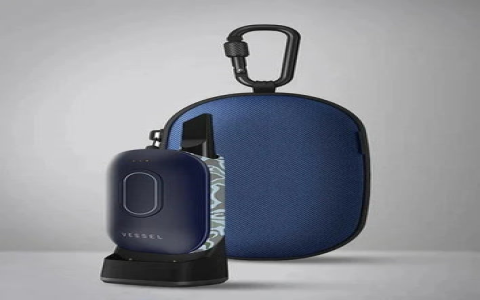Globally, all commercial airlines strictly prohibit the use of electronic cigarettes (e-cigarettes, vapes) onboard aircraft. This ban applies regardless of flight phase (taxi, takeoff, cruising, landing). Inhaling vapor is treated identically to smoking traditional cigarettes due to safety concerns, potential disturbance to others, and fire hazards.
Carrying Restrictions
- In Cabin (Carry-On Baggage Only): Passengers may carry e-cigarettes, spare batteries, and e-liquids exclusively in their carry-on luggage or on their person. Devices must be protected from accidental activation.
- Strictly Prohibited in Checked Baggage: E-cigarettes and spare batteries are absolutely forbidden in checked luggage due to the significant fire risk posed by lithium batteries in the cargo hold.
Device and Battery Safety
- Protect from Damage: Place devices and batteries in protective cases to prevent short circuits.
- Prevent Accidental Activation: Disable devices if possible (use locking mechanisms, remove batteries).
- Carry E-Liquids Securely: Adhere to liquid regulations (usually containers ≤100ml in a clear, resealable 1-litre bag). Check individual airline limits.
Spare Lithium Batteries
- Spare batteries must be in carry-on baggage.
- Keep batteries in their original retail packaging, in protective cases, or with terminals covered (e.g., tape over terminals, placed in separate plastic bags).
- Follow airline-specific limits on watt-hours (Wh) and quantity; airlines often set lower limits than regulatory maxima.
Charging Onboard
Never attempt to charge e-cigarettes using aircraft USB ports or power outlets. Charging devices with lithium batteries poses an unacceptable fire risk during flight.

Consequences of Violations
Ignoring these regulations can lead to:
- Removal from the flight
- Significant fines imposed by aviation authorities
- Potential criminal prosecution
- Confiscation of the device/batteries
Passenger Responsibility: Compliance is mandatory. Verify the specific rules with your airline and departure/arrival countries before traveling, as local laws regarding possession can also vary. Safety concerns, primarily fire hazards from lithium batteries, underpin all these regulations.









